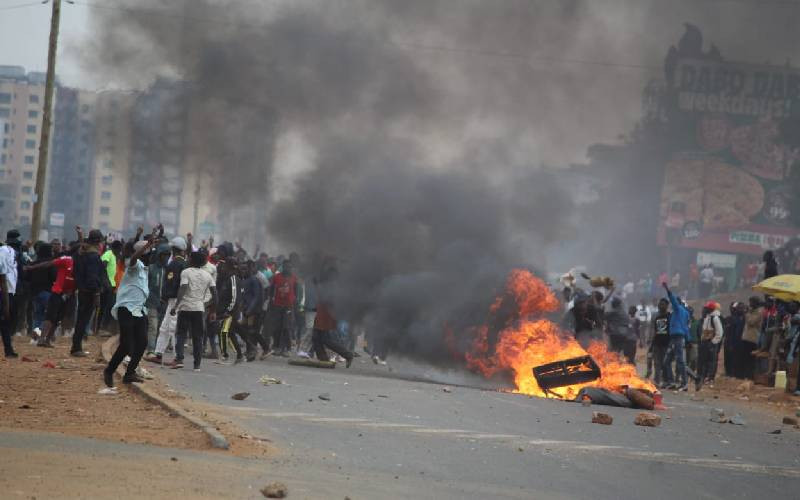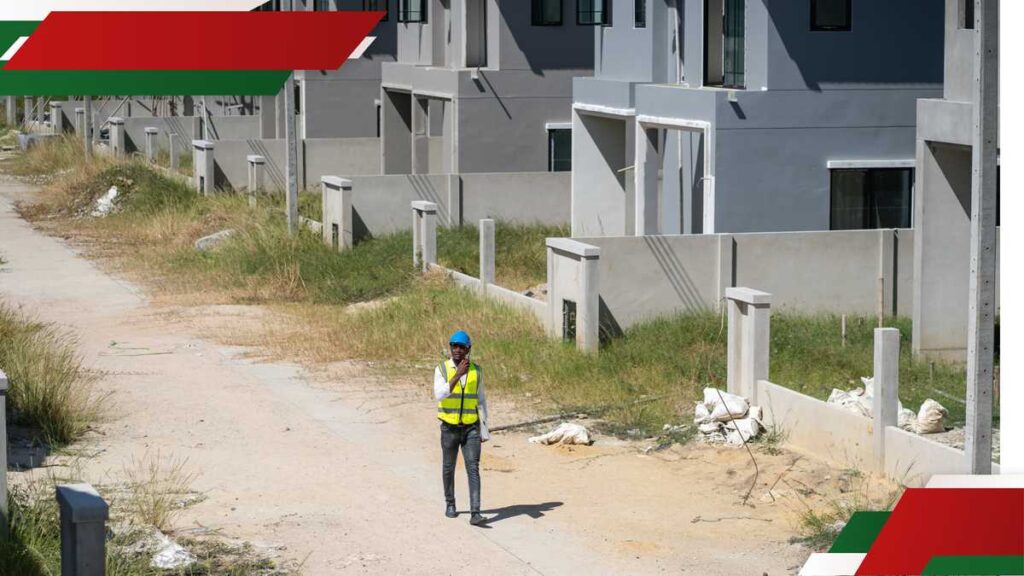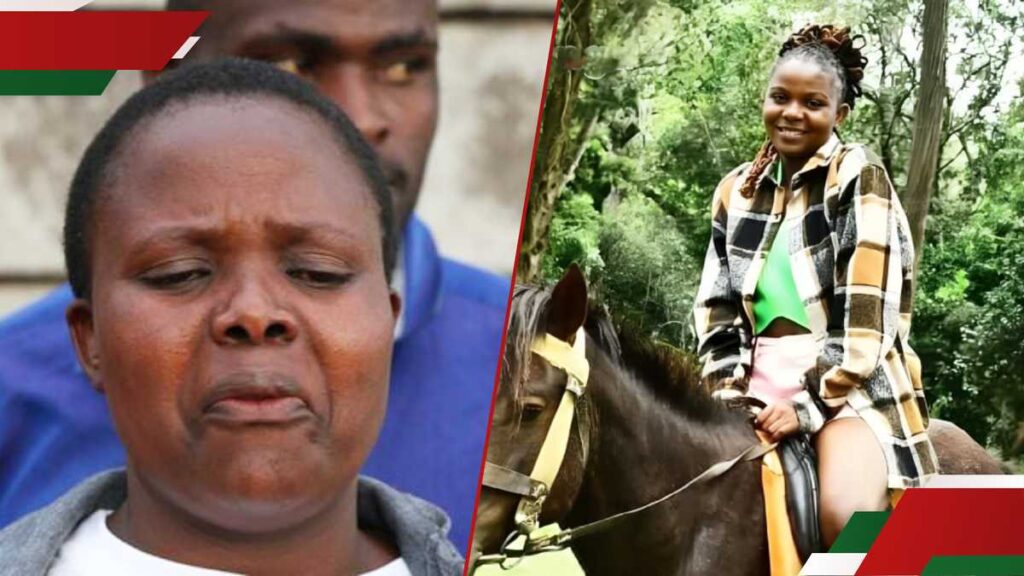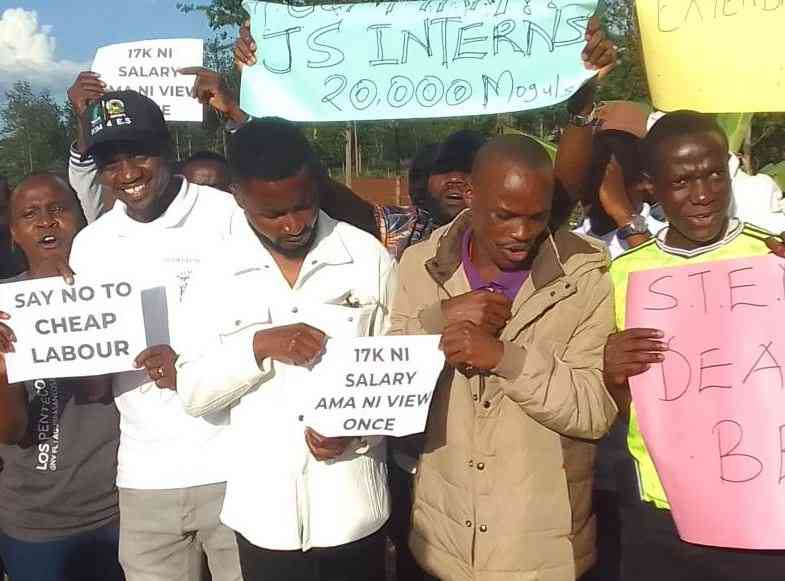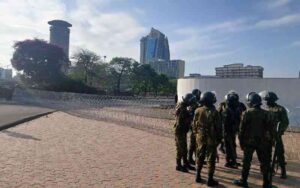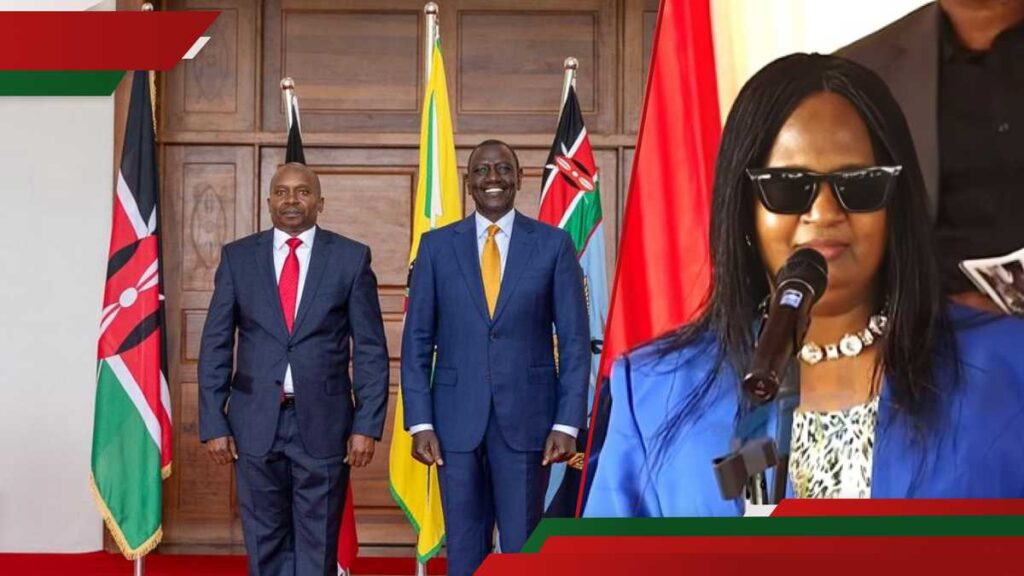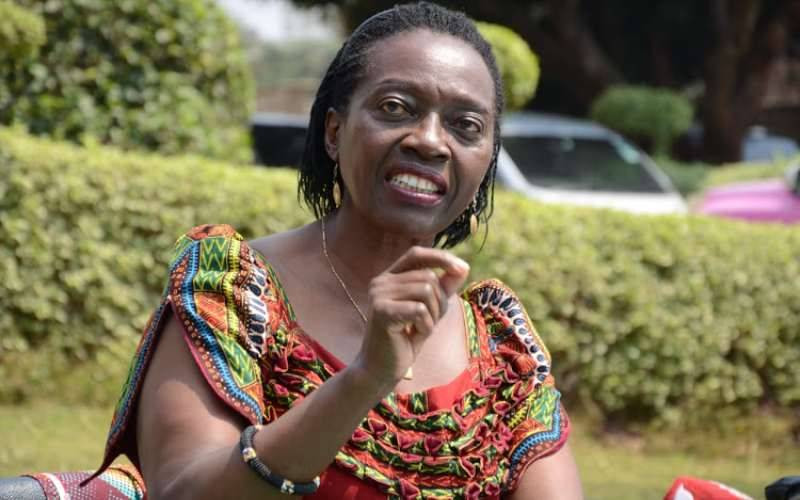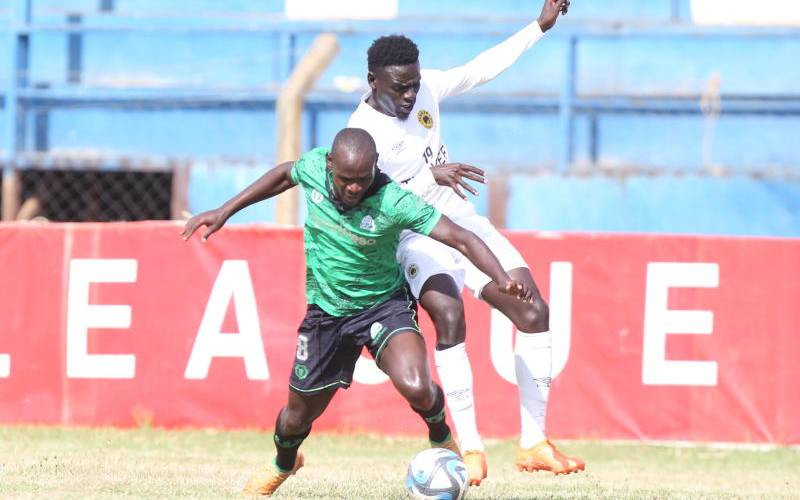They came with flags, placards, whistles, smartphones and purpose, forcing a holiday on the country.
Thousands of Kenyans marked the first anniversary of the June 25, 2024, Gen Z push —an explosive uprising triggered by a controversial Finance Bill and crushed by a lethal state response that left a significant number injured, others missing, while some were killed, in June last year.
Wednesday, thousands skipped work, closed businesses as Nairobi’s city centre and other cities, towns and villages were charged spaces of remembrance, resistance, and rising demands. Of note was that the Gen Z leaderless movement had forced a public holiday on the country without a gazette notice from the Interior Cabinet Secretary as has been the tradition.
Human Rights Activist Boniface Mwangi, who blamed violence on the police, said that on June 25, 2025, Kenya paused for a day to remember those lost and to demand justice.
“It’s the police and politicians who bring violence, looting, and death to peaceful protests. At this very minute, it’s the police who are teargassing peaceful protestors along Kenyatta Avenue,” Mwangi said.
On city streets businesses remained closed including financial institutions such as banks, forex bureaus which have always signified non-working days. Despite a few of them having opened early in the morning they later owned up to the unruly situation and quickly closed.
Government premises known for nearly round-the-clock business, such as Nyayo House, Harambee House and GPO, remained closed throughout Wednesday. Small businesses, stalls and other exhibitions had guards throughout.
Only boda boda operators and a few hawkers selling masks which were on deman becuase of prevailing teargass especially in the afternoon could be seen on the streets.
A stall operator at Imenti House, Elizabeth Mwende, said she had removed almost all her wares from her stall, fearing break-ins.
“We can’t attempt to open as our day seems over because of the goons. Above all we stand with our brothers and sisters,” Mwende said adding, “rent and other expenses are waiting us. But we have to do this for our great people.”
An unofficial holiday
The spontaneous observance of June 25 as a “people’s holiday” has ignited debate on how national mourning and resistance should be recognised.
Under Kenyan law, public holidays are declared through the Public Holidays Act. Some, like Jamhuri Day or Mashujaa Day, are cemented in law. Others are declared by the Cabinet Secretary for Interior via gazette notices -often for religious festivals, national events, or elections.
But no such gazette came for June 25, despite calls from civil society and youth groups.
Stay informed. Subscribe to our newsletter
“It’s a shame the government didn’t even acknowledge the day. Not even a statement of condolence,” said Muthoni Ann, an activist. “It shows how deep the state’s denial is.”
Only holidays declared by the Interior CS through the Kenya Gazette are legally recognised. Even declarations by the president must be formally gazetted to carry legal weight.
Kenya’s Constitution doesn’t list public holidays but allows Parliament to make laws declaring them. It recognises Jamhuri Day (Dec 12) as a national day and gives room for other holidays through legislation like the Public Holidays Act.
The most recent gazette by Interior CS Kipchumba Murkomen was March 31 when he declared it as Idd-ul-Fitr and June 6 as Eid-ul-Adha. Both holidays were declared under the Public Holidays Act and published in the Kenya Gazette for national observance.
On the eve of yesterday’s protests, Murkomen urged Kenyans to proceed with their activities, assuring security.
“As you go about your daily activities, be assured your safety and the protection of your livelihoods is our top priority,” Murkoemn said, adding, “For those who will turn up to exercise their constitutional right to demonstrate, we urge them to do so peacefully and unarmed as provided for in our laws.”
From early morning, groups of Kenyans—black and white, young and old, students and workers, professionals and amateurs, artists and clergy—streamed into the CBD on foot, by boda boda, matatu, or car. Many wore black and white. Others draped themselves in the Kenyan flag, wore t-shirts with pictures of those killed, hand-made signs bearing the names of the dead, while others had placards to express their right. Some came with only their phones, ready to document every moment for future generations.
“Raila and Ruto are both attending funerals today as a symbol of their dead political careers.
#Justice4OurMashujaa,” Mwangi Boniface said, referring to the two who on Wednesday remained silent on the death of Kenyans killed on June 25th last year. Raila, once perceived as a fighter for the Kenyans, has stood with Ruto defending the president’s activities religiously, at the time, extrajudicial killings, taxation and cost of living were on the rise.
Kenyans in numbers gathered to honour the memory of dozens killed exactly a year ago when police opened fire on protesters who had stormed Parliament on June 25, demanding lawmakers reject the punitive tax measures. But beyond grief, the crowd came with a message: the nation’s anger has only grown, and the wounds of June 25, 2024, remain open.
“We were not paid to come because this is our cause,” said Allan Odhiambo, who was helping lift an injured demonstrator into a Nairobi County ambulance on Moi Avenue. “We’re not here for politicians or parties. We’re here for the people who died.”
However, true to a grim tradition, the police—a few baying for blood and violence, and the majority celebrating with Kenyans—shattered the peace with tear gas and gunfire, breaking up the chants, the songs, and the rare moments when Kenyans were simply being human together. The city’s harmony dissolved into chaos, and yet again, joy gave way to running battles in the streets.
“We just came to celebrate. We will do it this year, and we will do it next year again, just like the older generations celebrate Saba saba,” a demonstrator told the Standard.
And protected areas such as the state house and parliament were barricaded with razor wire, cutting off access hundreds of meters away.
Those who spoke to The Standard explained that legacy has turned June 25 into a symbol of state violence, civic defiance, and generational trauma, particularly for Kenya’s Gen Z, many of whom led and livestreamed the protests in real time to thousands of viewers.
Njeri Wanjiru, a university student, said that this year, the return to the streets was not just to mourn but to defy.
“We are not just remembering. We are resisting,” said Njeri Mwangi, a university student from Thika. “Last year, we were crying. This year we’re marching for change.”
Streets of protest and remembrance
By 9 a.m. on Wednesday, crowds had begun gathering near Jeevanjee Gardens, the Kenyatta Avenue roundabout, and Moi Avenue. Spontaneous chants erupted—“Ruto must go!” “Tuko wengi!” “Justice for June 25!” protesters laid flowers near Parliament.
Others carried banners with portraits of the deceased and the words: “They died asking questions! Mwizi ako state house! Judiciary has failed but Kenyans will not!” among others.
Despite a heavy police presence—officers in full riot gear, military trucks, water cannons, and barricades with razor wire—protesters remained largely peaceful.
Kamau, a demonstrator who preferred to be identified by one name, said the decision to avoid violence was deliberate so that Kenyans could celebrate those who were fighting for the nation.
“Today we agreed—no goons, no fights. It was peaceful until the police arrived in pickups and started firing. That’s when people felt violated,” he said. “Still, there was no looting or maggings.”
Several demonstrators reported being blocked by police from entering the city centre, with officers setting up roadblocks at major entry points.
“I was coming from Thika Road but was dropped off at Guru Nanak because matatus couldn’t access town,” said Hussein Abdi. “I had to walk part of the way, then take a boda boda.”
From Ngara to Upper streets became a patchwork of activism and art with music blasting from Bluetooth speakers, songs boda bodas revved in formation, people danced and sang patriotic songs while others painted slogans on the pavement.
“We are here to save this country,” said Kamau. “We can’t be paying taxes they steal, and when we complain, they kill us.”
A movement beyond one day
Protesters said their grievances extend far beyond taxes, pointing to rising authoritarianism, extrajudicial killings, police brutality, and a widening gap between rich and poor.
The recent death of blogger and educator Albert Ojwang in police custody has fueled public outrage. Authorities claim he collapsed during questioning. Activists and media stated he was tortured while an independent autopsy pointed to murder.
“Albert’s death is just one more proof that the system is broken,” said a protester on MoiAvenuee. “And this generation will not stay silent.”
As evening fell over Nairobi, protesters lit candles near Parliament and recited the names of the dead. The city, for a moment, fell quiet.
They said, “June 25 is not on the calendar. It’s not in any law. But in the minds of many Kenyans, it has become a day that must never be forgotten.”
Odhiambo added, “This is our Mashujaa Day. It belongs to the people.”








